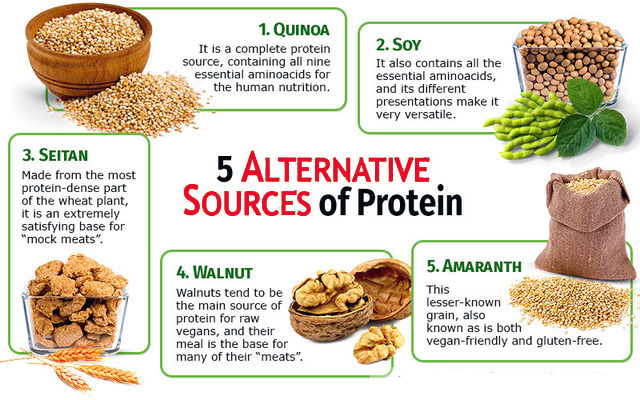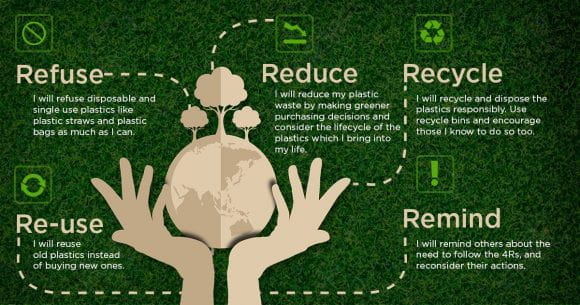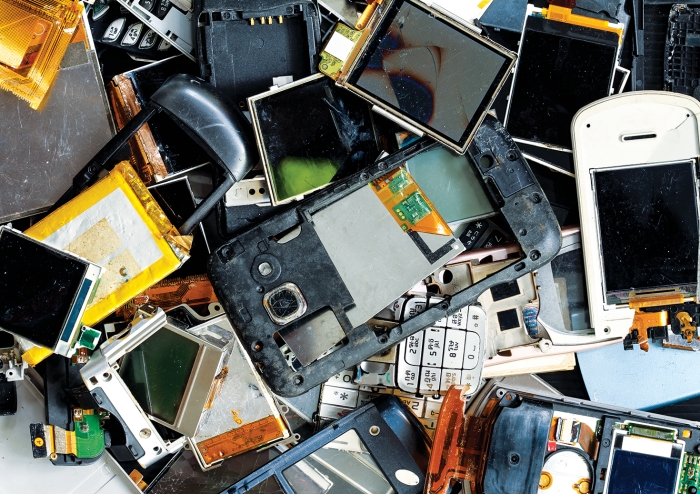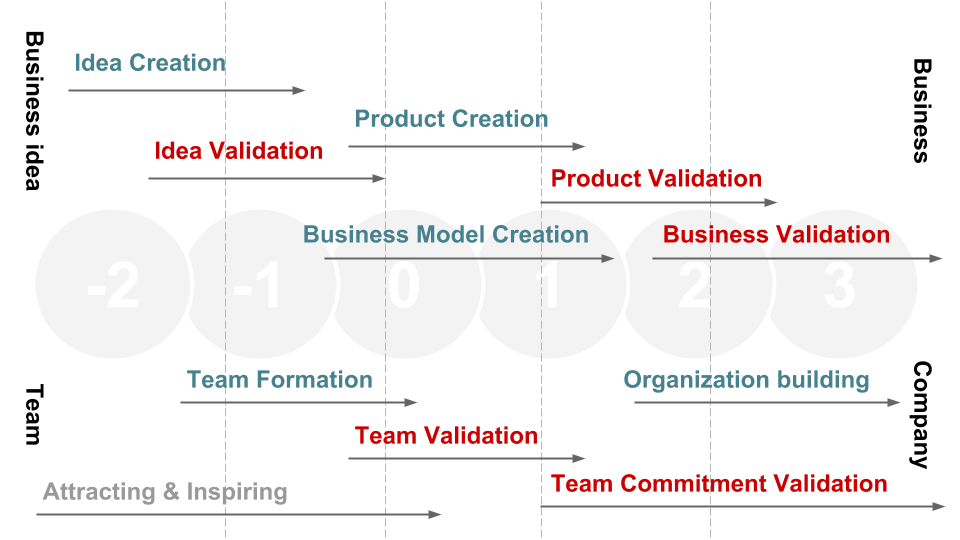
What Are Alternative Proteins?
Regular Proteins Let’s talk about regular proteins. They can most commonly be found in foods like meat, fish and eggs – but there are many reasons why you might want to cut regular proteins out of your diet. Just one of these reasons is following a vegetarian or vegan diet: You have to cut out the traditionally known sources of protein, and what does that leave you with? Alternative Proteins Sources of alternative protein includes quinoa – which is extremely healthy for you and has even earned the name “superfood’ in recent years. You can also find healthy versions of alternative proteins in things like hemp seeds, artichokes, soy milk and green peas; you can also find alternative proteins in oatmeal and pumpkin seeds. You don’t have to cut protein out of your diet completely if you are on a special diet – there are more than enough viable replacements in the form of alternative proteins.

IS REUSING THE NEW RECYCLING?
When we come across recycling, our minds tend to think that we are making the right choice for our planet Earth. Companies are not only designing plastic to be difficult or impossible to recycle, but the overwhelming flood of new plastic into the market prevents any chance of recycling keeping up. It turns out that that recycling does not have as many benefits for the environment as it seems. Recycling can also be financially costly to local governments. Besides, the most recycled materials end up getting shipped overseas to be processed, burning fossil fuels along the way. How to successfully help the environment? The real answer to the question is that the only way to solve the world’s plastic pollution crisis is to simply make less plastic.

What Can E-Waste Be Recycled Into
We all know electronics never last for life if you are regularly using them. But have you ever wondered what happens once they are broken? Well, they are rarely left to waste. Most electronic wastes go through the recycling process. E-waste or electronic waste includes obsolete or broken electronic devices. Sometimes also known as e-scraps, these devices often contain toxic chemicals that require proper disposal. Throwing them broken outside will only allow these harmful substances to pollute the environment. E-waste is recycled to extract different metals, glass, and other materials used in it for reusing somewhere else. It helps conserve natural resources since manufacturers get all their raw materials from e-scraps. Apart from a significant economic benefit, e-waste recycling also prevents landfills from releasing harmful greenhouse gases since there will not be any e-waste toxicity.

Support to Start-up Ecosystems
The results of the third edition of Ranking of States’ on Support to Start-up Ecosystems will be released by Union Commerce and Industry Minister Piyush Goyal on Monday (4 July) in a felicitation ceremony in New Delhi. The Department for Promotion of Industry and Internal Trade (DPIIT) conducted the third edition of the States’ Start-up Ranking Exercise with the key objective to promote India’s vision of competitive and cooperative federalism.

